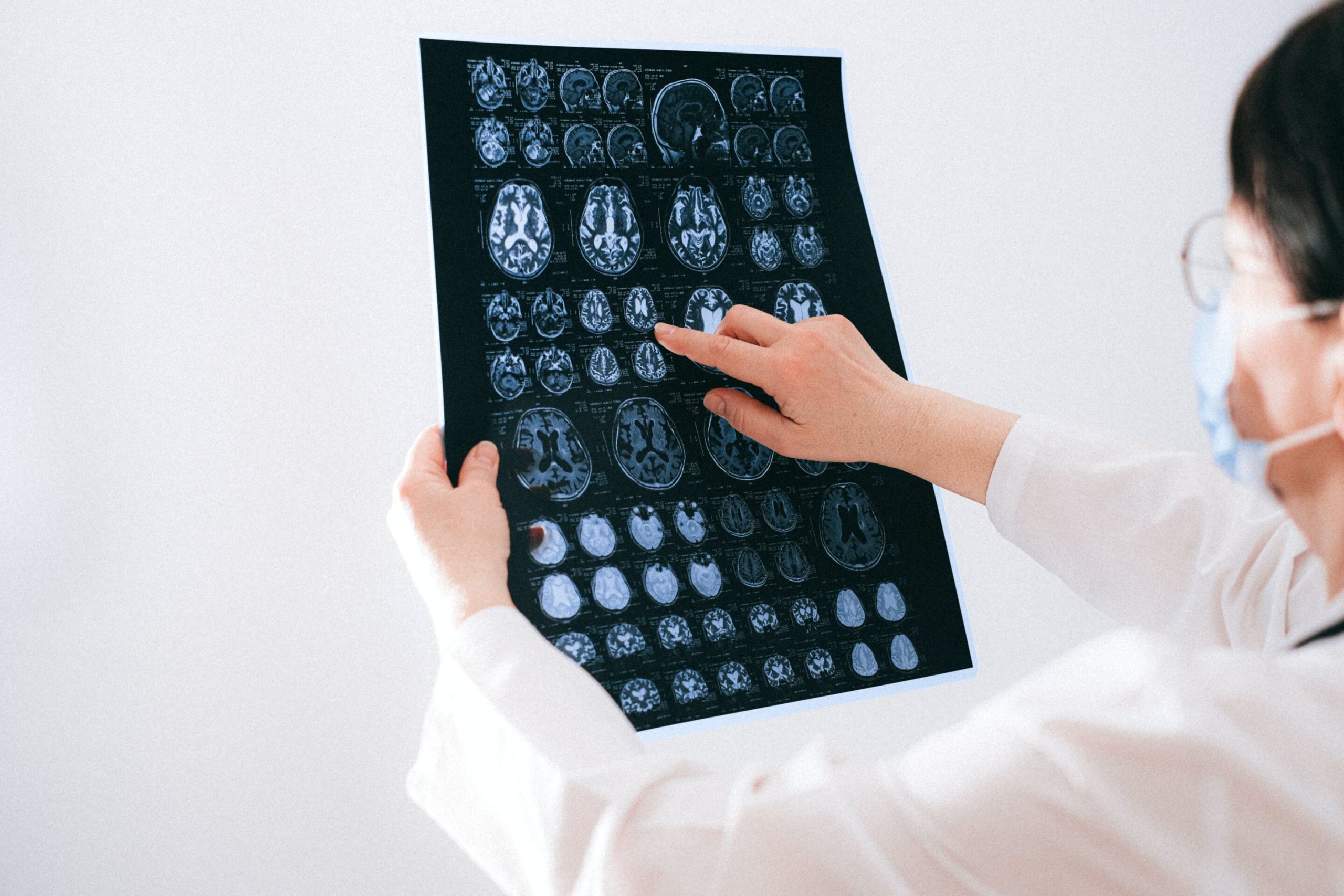
In a new study published in JACC: Advances, researchers at Beth Israel Deaconess Medical Center (BIDMC) successfully validated an artificial intelligence tool that detects severe aortic stenosis (AS) with over 98% accuracy, a common and serious valve disease affecting about five% of adults older than 65 in the U.S.
Jordan B. Strom, MD, MSc, Head of Cardiovascular Imaging Research at the Richard A. and Susan F. Smith Center for Outcomes Research at BIDMC, and colleagues tested the artificial intelligence decision support algorithm (AI-DSA) using routine echocardiographic reports from more than 31,000 U.S. Medicare beneficiaries at BIDMC.
The AI-DSA identified 98% of patients who met clinical guidelines for severe AS and identified more than a thousand patients who likely had severe AS, but did not meet clinical guidelines. These patients had the same risk of death as those with severe AS, but only 6.6% received an aortic valve replacement (AVR), a life-extending treatment, versus 20.2% of people diagnosed with severe AS.
The results of this study suggest a potential use for this algorithm alongside standard echocardiographic reporting to improve identification of individuals with severe AS symptoms and subsequent referral for lifesaving AVR. Moving forward, the AI-DSA tool should undergo clinical testing to ensure that its use improves existing clinical practice and overall detection of individuals with severe AS.
Aortic stenosis (AS) is a serious heart valve disease that narrows the aortic valve, reducing blood flow from the heart to the aorta. It is the most common form of valvular heart disease encountered by clinicians.
Severe AS is almost universally fatal without undergoing aortic valve replacement (AVR). Despite guideline-based indications to refer individuals with symptomatic, severe AS to AVR and an increased mortality risk of 2% for each week that referral is delayed, nearly one in three of these individuals are not referred.
Originally trained and tested using over one million echocardiograms from the National Echocardiographic Database of Australia, the AI-DSA studied uses echocardiographic reports to predict an individual’s probability of having severe AS without relying on commonly used, error-prone measurements that can under-detect severe AS.
More information:
Jordan B. Strom et al, An Artificial Intelligence Algorithm for Detection of Severe Aortic Stenosis, JACC: Advances (2024). DOI: 10.1016/j.jacadv.2024.101176
Citation:
AI could improve detection of severe heart condition through standard medical test (2024, September 26)
retrieved 28 September 2024
from https://medicalxpress.com/news/2024-09-ai-severe-heart-condition-standard.html
This document is subject to copyright. Apart from any fair dealing for the purpose of private study or research, no
part may be reproduced without the written permission. The content is provided for information purposes only.



